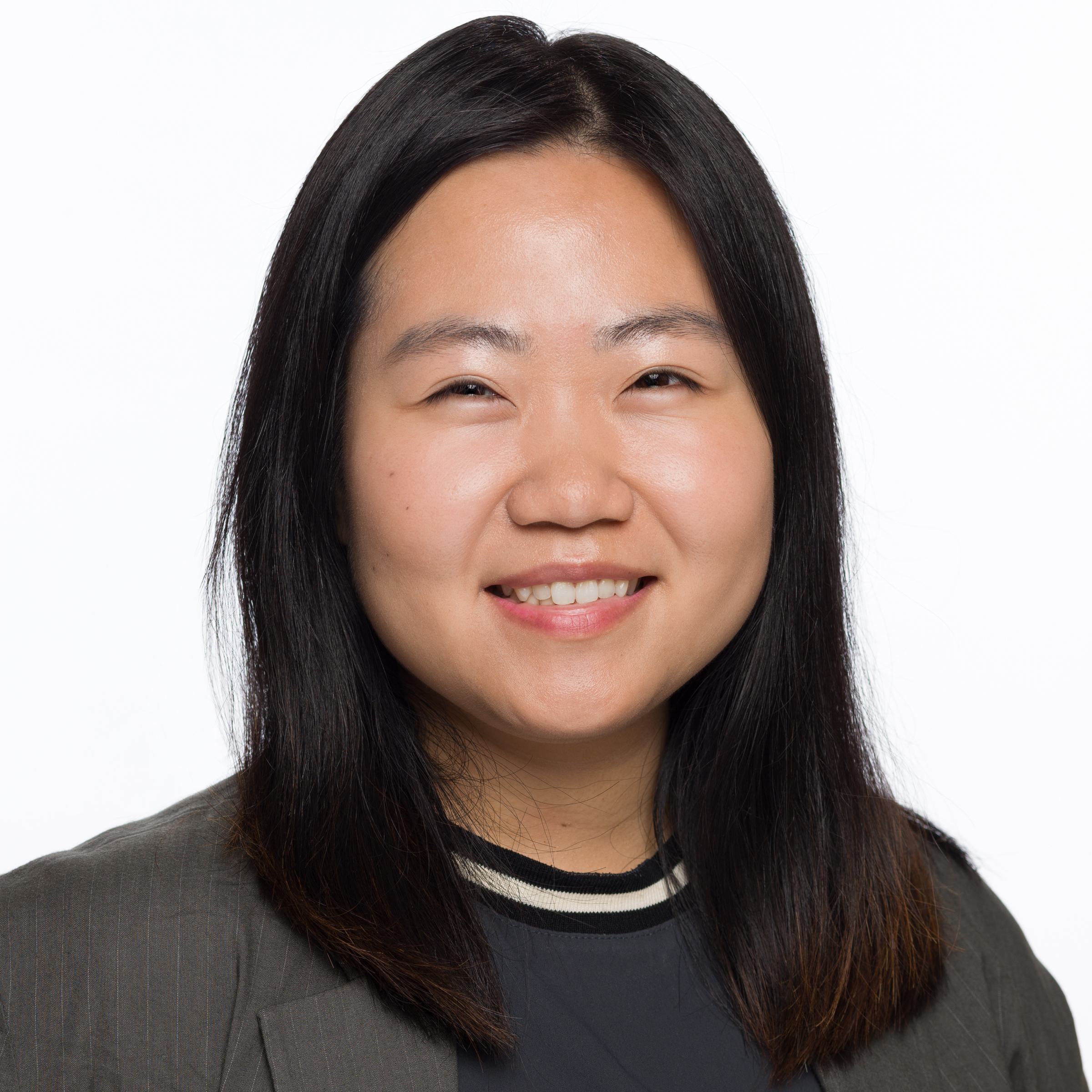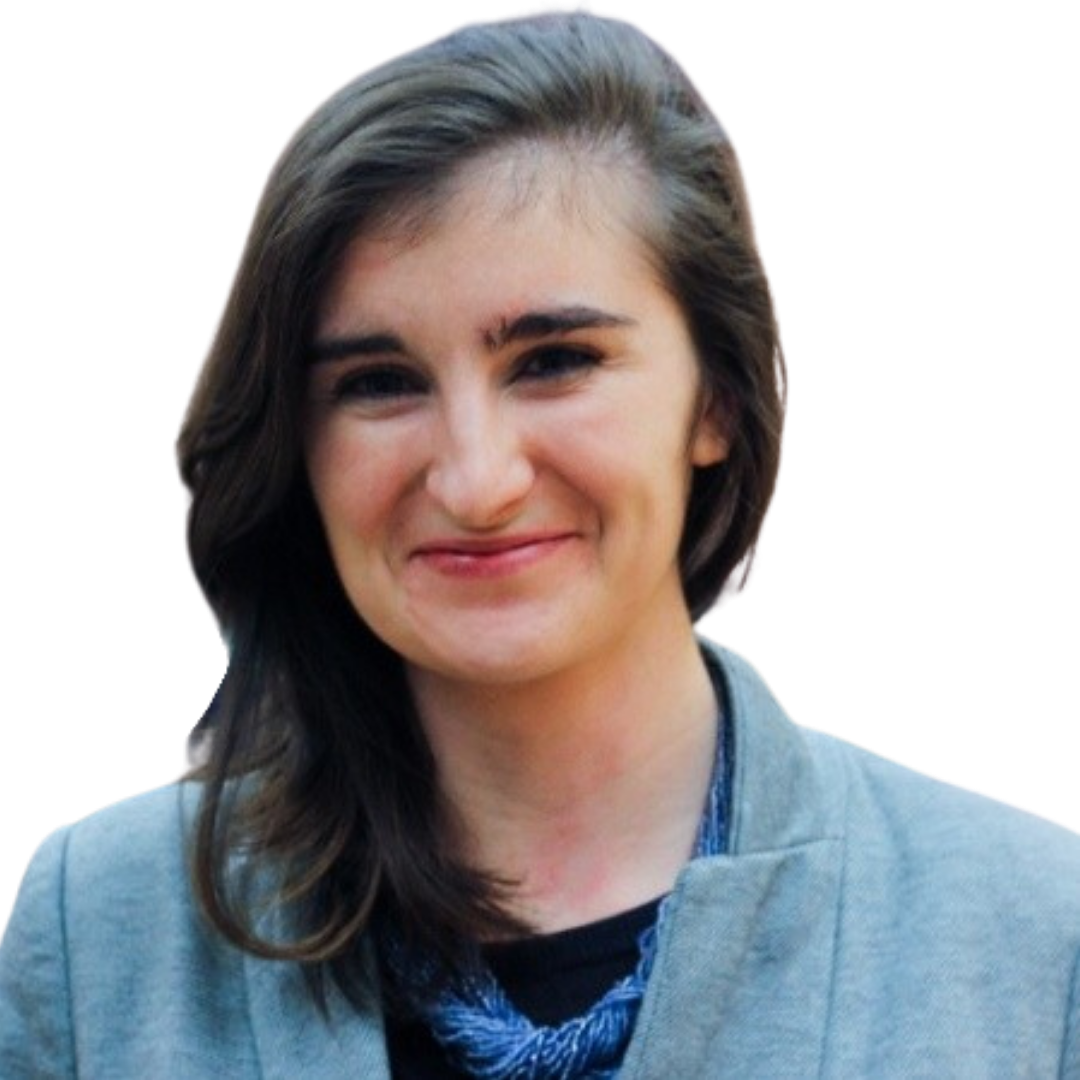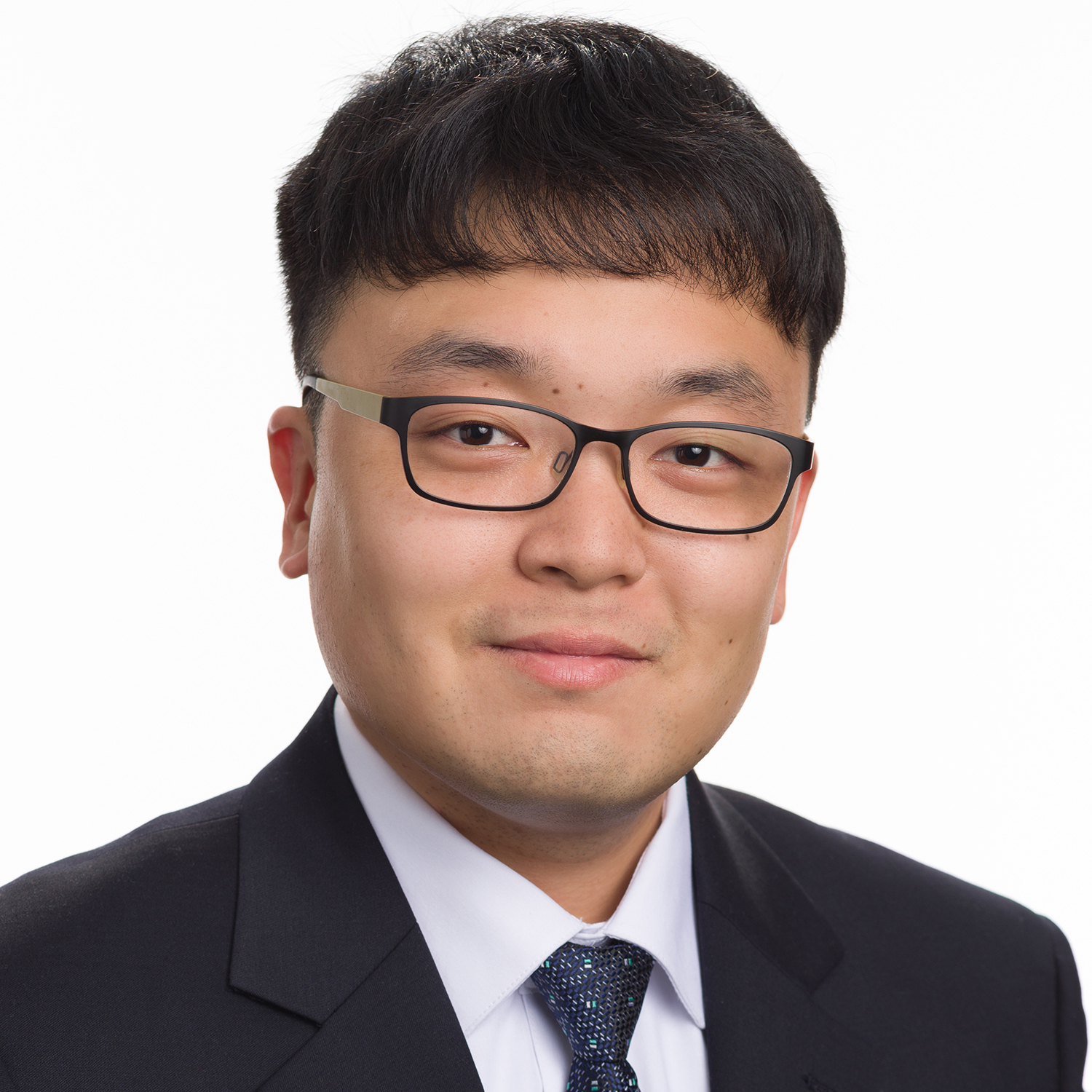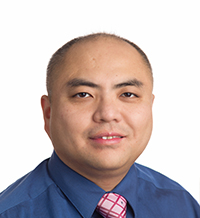
The Global Future of Workers Initiative is an interdisciplinary global forum of exchange and personal-professional connection for PhD students. The motivation for the initiative stems particularly from a collective interest in interrogating and ultimately reframing the now ubiquitous “Future of Work” (FoW) discourse. As the FoW discourse has matured, scholars, practitioners, and policymakers have increasingly questioned its parameters, assumptions, and scope, uncovering crucial blind spots in what has become an overly narrow debate characterized by technological and market determinism.
This initiative seeks both to promote a more inclusive discourse by centering workers’ perspectives and to democratize access to it so that a greater diversity of scholars may shape it. If the goal of labor research is in part to understand and ask relevant questions regarding as full a range of workers’ perspectives as possible, then labor researchers must move beyond myopic, narrow, and internal conversations within their disciplinary journals and find ways of more clearly communicating with people who not only live the experience many scholars seek to analyze but necessarily understand it best.
In sum, we hope with this project:
- To reframe the FoW discourse so that workers are put at the center of the conversation and that the agency of actors to shape markets, technology and other important work issues is directly confronted
- To cultivate a conversation not just in an international and comparative context but in a truly global one, centrally incorporating voices and cases outside of western democracies
- To engage scholarship that asks real-world, necessarily interdisciplinary questions whose application is designed to be useful to realms outside of the academy
In furtherance of these goals, we have brought together a global community of PhD students across five continents that collectively put the interests of working people at the heart of their research. Our vision is to build a network of young scholars that together can inform and expand the future of workers discourse within the academy and greater society.
Coordinating Committee
This initiative is partly funded by Rutgers Global. For more information, see the original call for proposals document.
Meet our Fellows
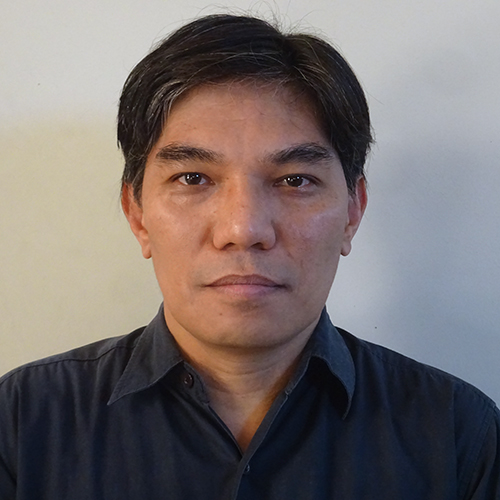 Benjamin Velasco
Benjamin Velasco
School of Labor and Industrial Relations, University of the Philippines Diliman
My research seeks to determine the viability of worker-driven social responsibility as a paradigm for achieving decent work in export processing zones. It will be a comparative study of three labor struggles in two export zones from 2015 to 2021 using participant observation, semi-structured interviews and focus groups.
What does a “future of work(ers)” perspective mean to you? “The core idea of the future of workers perspective can already be seen in the ILO centenary declaration's human-centered approach although it still used the phrase future of work. But employing the term future of workers decisively shifts the narrative away from technological and market determinism. It also emphasizes the centrality of studying the conditions of workers and how it relates to the other crucial issues of our time like climate change and the turn to authoritarianism.”
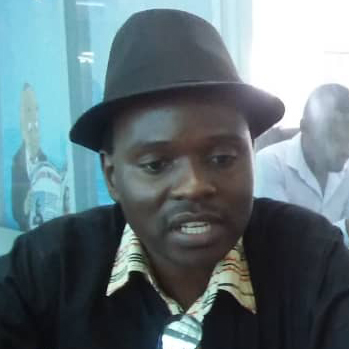 Paliani Chinguwo
Paliani Chinguwo
University of Witwatersrand, South Africa
One shortcoming with occupational safety and health (OSH) in Malawi, is the narrow scope and coverage of OSH regulation which is bounded to physical, chemical and biological hazards and therefore neglect the psychosocial hazards. My research is a qualitative study that challenges this narrow scope and coverage of OSH regulation in Malawi through a synthesis of the fundamental cause theory, job demands-resources model and the theory of hegemony. The study seeks to build a case that occupational stress (OS) is a serious public health problem that should be recognised as a psychosocial hazard and further be regarded as an integral aspect of OSH regulation in Malawi.
What does a “future of work(ers)” perspective mean to you? “We are currently witnessing a rapid shift from manufacturing towards services, climate change, informalization of the economy, automation of production methods and lately COVID-19 pandemic. Trade union membership is also generally declining in both developed and developing countries. All this is eroding the legitimacy of trade unions in collective bargaining and social dialogue. Such a decline in trade union membership poses impacts on workers in non-standard or precarious types of employment such as temporary and own-account workers or workers in the informal and gig economies.”
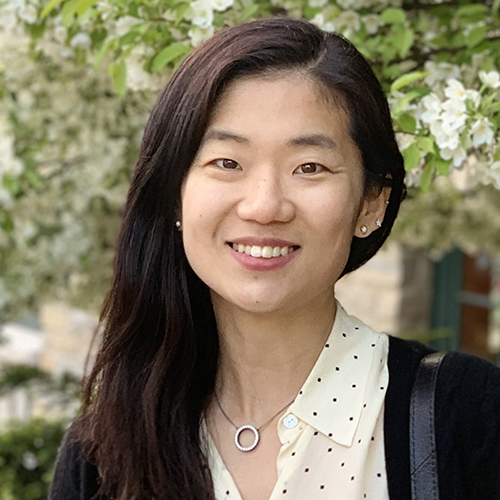 Choon Hee Woo
Choon Hee Woo
The University of Massachusetts, Amherst
My interests are migration and racial hierarchy in Asia, gender, agriculture/farming. My research explores the critical significance of South Korea-Southeast Asia migration, as well as the importance of developing a methodology that focuses not only on the realities of migrant lives, but particularly on the day-to-day interactions and contestations among migrant workers, civil organization, and the states.
What does a “future of work(ers)” perspective mean to you? “The ‘Future of work(ers)’ exacerbates precarity, unpredictability and inequality, disproportionately and unequally impacting people. Especially the future of work in agriculture replaces native-born workers with migrants, the undocumented, and the unauthorized who are recognized as ‘essential workers’ in society. I would like to explore how to make ‘essential but excluded’ workers visible and included in society.”
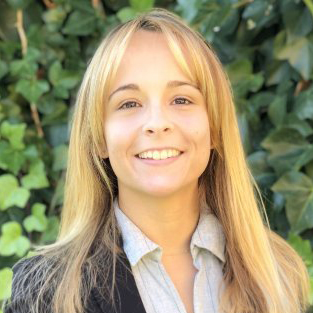 Melissa Renau-Cano
Melissa Renau-Cano
Universitat Oberta de Catalunya (UOC), Spain; University of California, Santa Cruz (UCSC)
The primary aim of my Ph.D. is to analyze how the platform model relates to platform workers’ workplace flexibility by analyzing different platforms in different space-time contexts. My field work research is mostly based on the field work performed for a H2020 European Project named Platform Labor in Urban Spaces. Currently as part of an international stay, I am working on a comparative analysis between Los Angeles (California-US) , Barcelona (Spain-Europe) and (Berlin-Europe) on two crucial sectors: food delivery and domestic work.
What does a “future of work(ers)” perspective mean to you? “In the old-fashioned discourse of the ‘Future of Work’ platform work plays a crucial role. If platform workers are not put at the center it exists the risk that platform work is considered inevitably precarious, therefore contributing to an increased normalization of a job market with the same characteristics. As an action-researcher, a ‘future of work(ers)’ perspective implies putting workers’ interests at the center while challenging the idea that platform work is always going to be low-paid and unstable.”
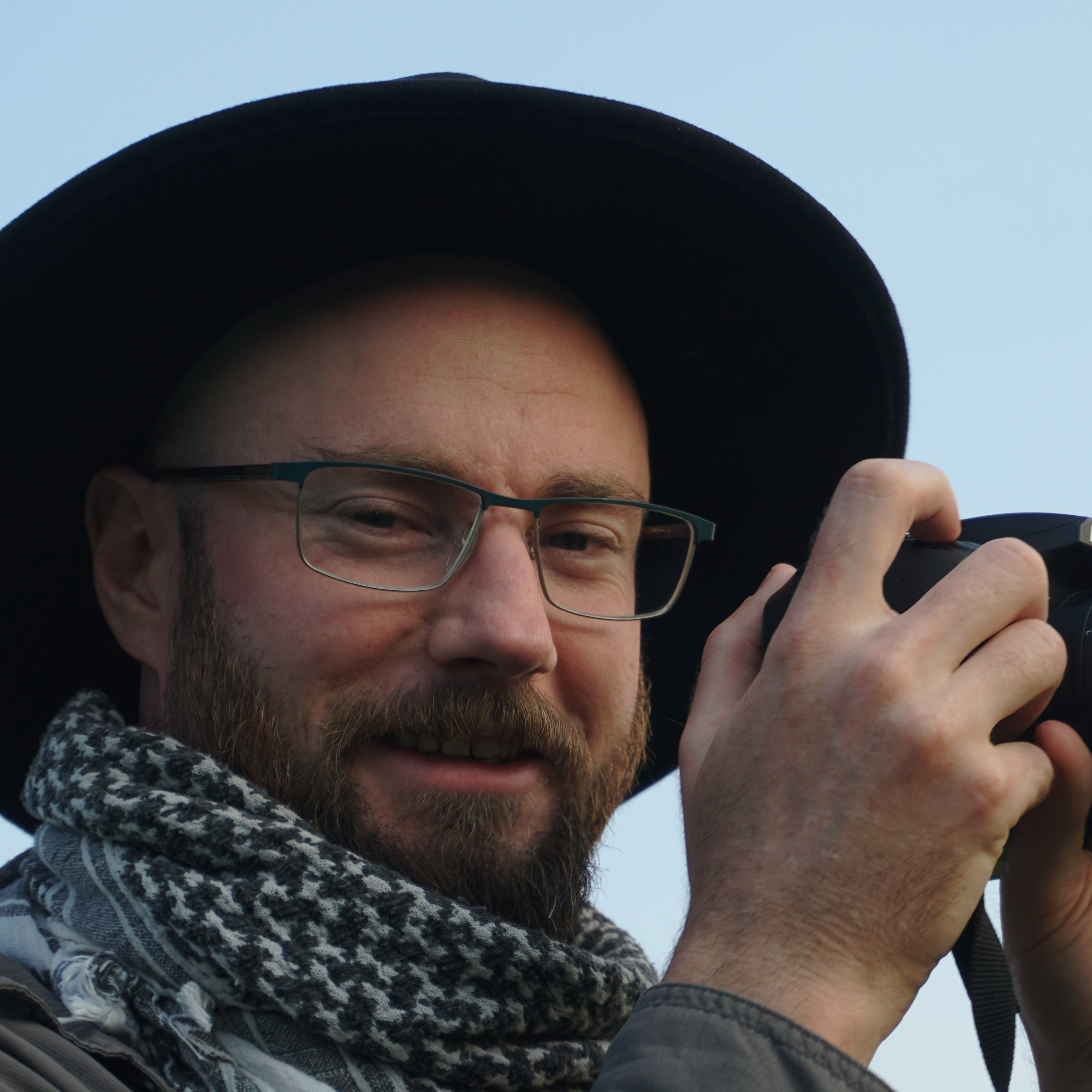 Brendan Davidson
Brendan Davidson
Colorado State University
My research seeks to discover implications for workers as part of the global transition to low-carbon, renewable energy technologies. Using lenses of political ecology, labor studies, and labor geography, we can assess labor rights and standards in jobs associated with renewable energy technologies across the value chain, and these insights can help us understand the quality of work associated with these technologies and better define what constitutes a “green job”. By properly defining green jobs, we can posit more transformative notions of green jobs to create positions and opportunities that are sustainable both for the environment and people.
What does a “future of work(ers)” perspective mean to you? “The Future of Workers perspective challenges us to consider relations between varying actors in global political economy, how these associations and linkages interact with workers across geographies, and what steps can be taken to improve the lot of people and their communities. Fundamentally, the future of work perspective challenges us to collectively anchor visions of tomorrow that redefine labor in humanistic terms. As such, it asks us to consider how we can uplift worker voices to create more dignified, sustainable, and inclusive work arrangements by positing alternate visions work that move us away from possible futures characterized by increasingly precarious conditions.”
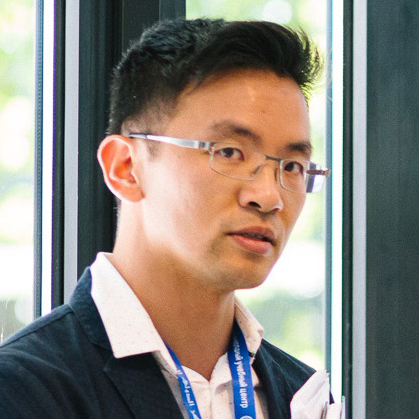 Kai-Hsin Hung
Kai-Hsin Hung
HEC Montréal
My research interests are in understanding how algorithmic control is changing the 'contested terrain' over the labour process in data-intensive services in Canada and India. As part of this, I want to understand the systems of control at work in these respective institutional settings and how workers are experiencing, re-negotiating, and challenging algorithmic control by reasserting worker power, agency, and voice individually and through collective action within and across organizations and borders.
What does a “future of work(ers)” perspective mean to you? “To me, it means problematizing and decentring the dominant techno-narratives of futures of work that were designed by and for a few. Central to deconstructing the future of work(ers) is to give voice to divergent realities and alternate futures in worker experiences and responses in questioning the hyper-concentration of control, power, and exploitation in the global data economy. This is done by looking at the margins, where new narratives and strategies to re-humanize and de-commodify work and workers are found that allow us to re-claim our self-determined futures.”
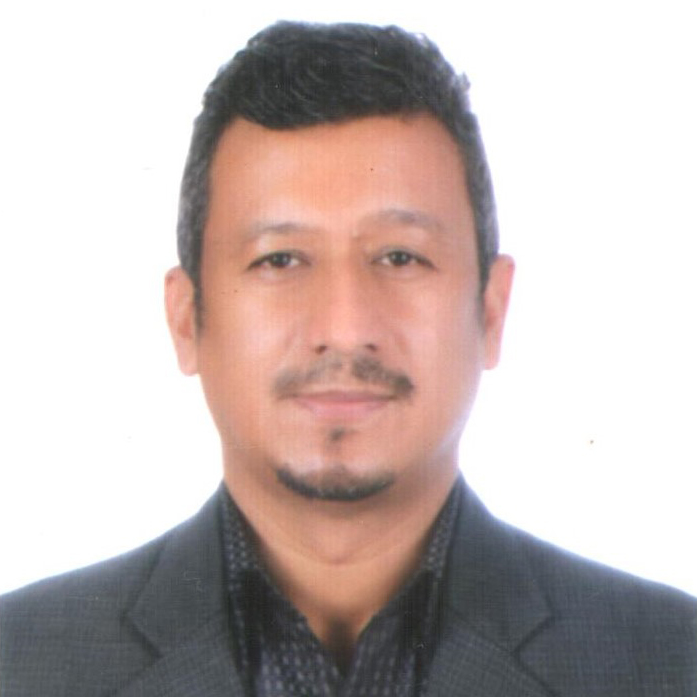 Tilak Jang Khadka
Tilak Jang Khadka
TISS Mumbai
The gig economy or the gig platform in Nepal is still a new phenomenon so I want to contribute in this area with my research objectives: Analyze the present and future issues from the workers'/trade union perspectives including the employment status (mapping) and market; Suggest trade unions for the possible organizing strategies; Suggest government to establish an employee-employer's relationship in this new form of employment and integrate it into the "Contributory Social Security Act of Nepal 2017"
What does a “future of work(ers)” perspective mean to you? “The future of work(ers) perspective to me is to be concerned and be proactive on how to balance the artificial intelligence (AI) and algorithms in employment. We also need to be upbeat to tackle inequality in all its forms in work and in the life of working people. Increasing trends of invisible workplaces, working from home or digital work (including knowledge work) are also matters of serious concern to the future of work.”
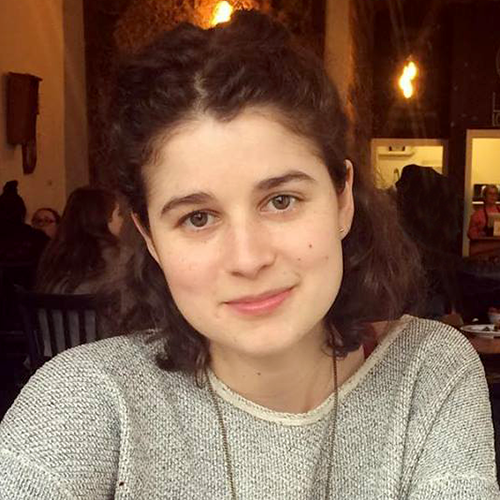 Liana Katz
Liana Katz
Rutgers University
My research focuses on the experience of work in the warehousing sector of New York and New Jersey. I pay particular attention to the interaction between human and machine labor and embodied experiences of work. I explore how this contemporary labor landscape emerged from longstanding racial capitalist dynamics as well as the more recent mechanization of work in the 19th-20th centuries.
What does a “future of work(ers)” perspective mean to you? “Because questions and visions concerning the future are always rooted in present concerns, a future of work(ers) perspective offers us the opportunity to better understand, and perhaps change, the conditions and experiences that shape today's labor landscape.”
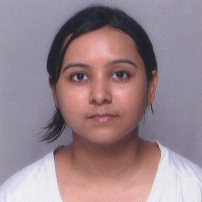 Sampriti Biswas
Sampriti Biswas
University of Kassel, Germany
In the era of the farm bills in India and in the background of the “One Nation, One Market” dream of the government, my PhD project asks in-depth critical questions such as: what are the factors that impair the proper implementation and use of leading electronic marketplaces for agricultural produce such as the eNAM? Are the farmers better off than before where prices of the products, middlemen, etc. are concerned?
What does a “future of work(ers)” perspective mean to you? “"Future of work" perspective to me essentially means the larger implications of labour saving technologies especially digital technologies. To me, the fate of the smallholder farmers with the advent of digital platforms in agricultural marketing is of utmost importance and through my research I hope to show the roadmap of the fates of the smallholders not only in India but also in other developing nations.”
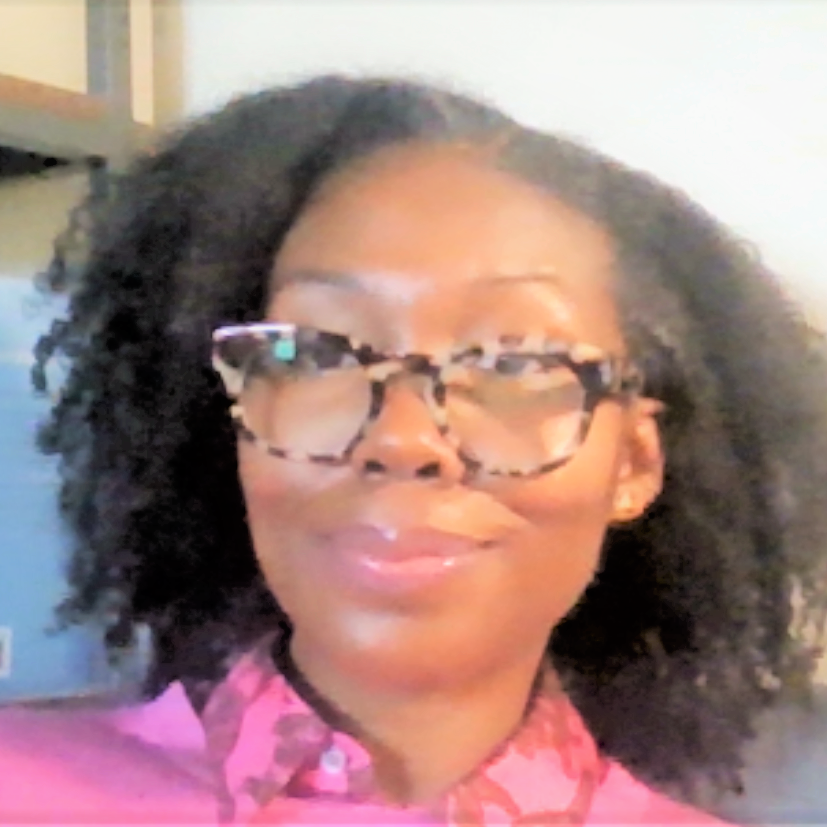 Venus Green
Venus Green
University of Massachusetts, Amherst
My research examines how anti-blackness and the afterlife of slavery structure Black women domestic workers’ experiences on the job and also within the labor movement. I conduct in-depth interviews and participatory observations with National Domestic Workers Alliance, Domestic Workers United, and We Dream in Black. These organizations place centrally as their political thrust in fighting to secure workers’ rights the epistemologies and struggles of women of color and immigrant women from the global south. I draw on critical approaches from Black studies, bringing them into conversation with the sociology of race, labor sociology, and intersectionality to understand how Black domestic workers articulate their political demands and their on-the-job experiences.
What does a “future of work(ers)” perspective mean to you? “Future of Work(ers) discourse moves away from market fundamentalism and dystopic technology-centered discourse that naturalizes the ‘inevitable’ disappearance of workers and the disposability of workers’ labor and instead encourages us to center the struggles and voices of workers across the global color line.”


